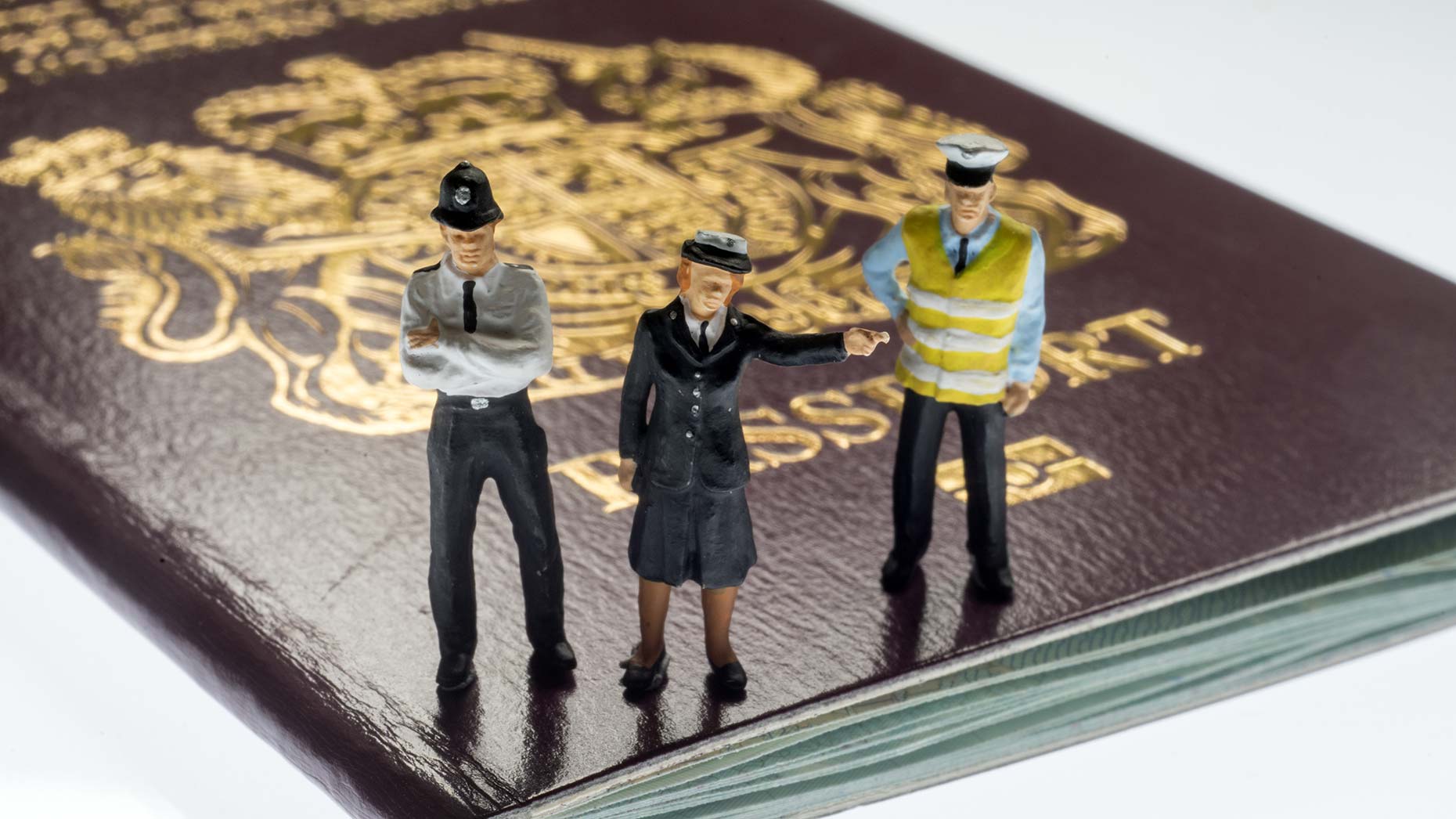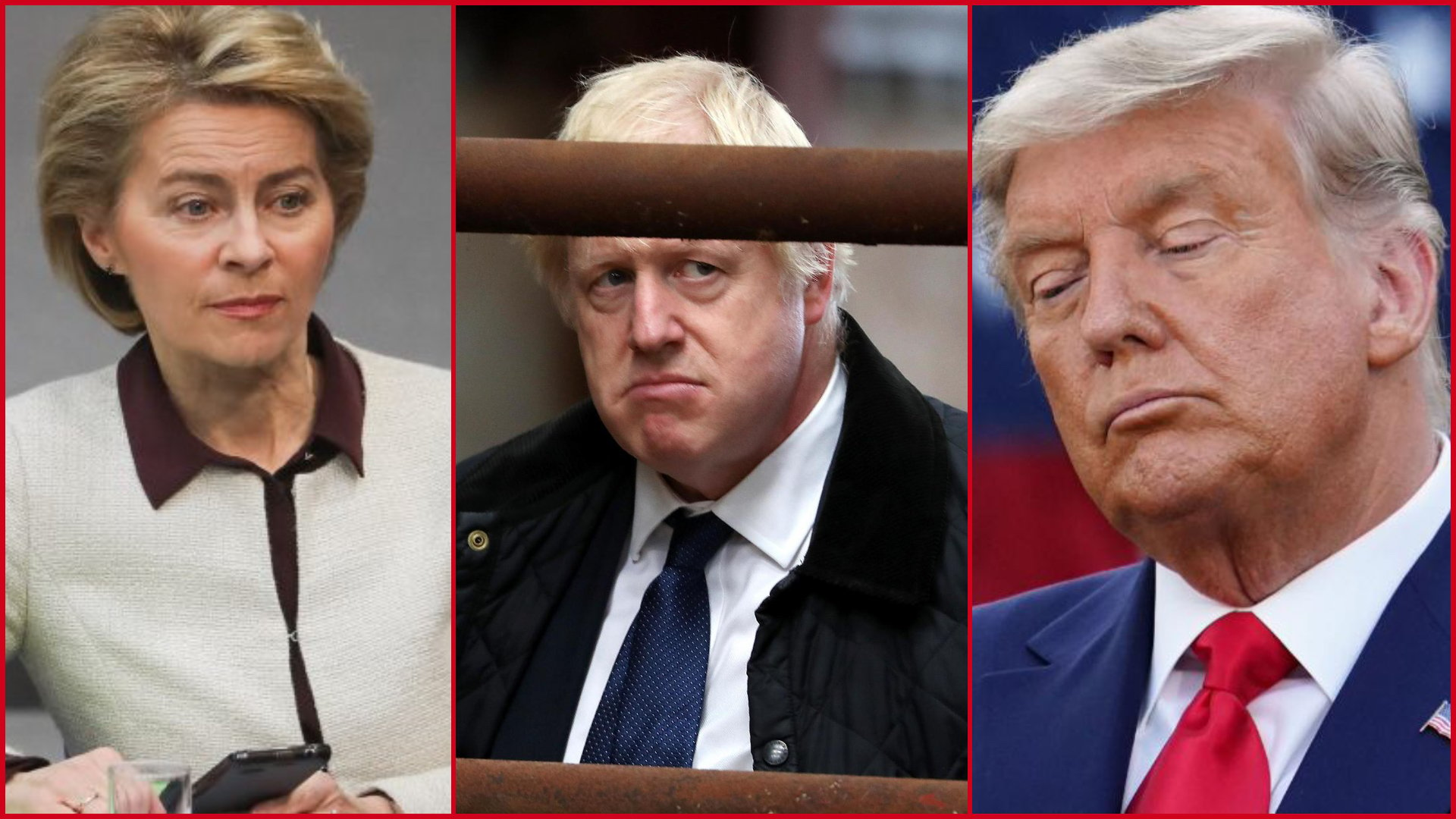The 1st of January 2021 will, according to those who have fought so hard for decades, be our independence day. The day we took back control, the day Britain began to mightily prosper again. But hang on, it’s over. We can drop the hyperbole and the jingoism at last.
There is no doubt that the changes will be profound, not only for those in the UK but for those who remain in the EU too. The European Project never quite made it and General de Gaulle was proved to have been right about Britain after all.
But is the saga really over? Have we really heard and felt the last of the longest divorce in history? Of course we have not. Britain is now facing a new relationship with our closest neighbours and trading partners, but if we continue the marital metaphor, with our own family too.
The referendum told us many things about Britain. It told us that we are a proud and naturally independent people. A people that never really fitted into a union. It told us that in more ways than one. The electorate in Scotland and Northern Ireland took a very different view of the EU to those in England and Wales. They showed just how independent they could be too.
The United Kingdom is now on borrowed time. Even the most ardent unionists know that it cannot be held together for much longer. Brexit has not united the kingdom, it has split it asunder. The four nations that constitute it are now little more than the remnant of empire, one that has been long consigned to history. The parliamentary system and anachronistic constitution have been battered by infighting and factionalism to the point of atrophy.
Those who read the history of the latter half of the 20th century will know that the UK was in pretty poor shape before it joined the European Economic Community in the early 1970s. With its derelict industrial base ruled by all powerful and dictatorial labour unions and a management structure fixated by antiquated practices, the UK was on its last legs. Struggling with massive debt, going cap in hand to the International Monetary Fund for bailouts, a total basket case.
We have no need to fear a return of those times. Our long membership of the EU, and in particular what Britain brought to the EU, was well reciprocated. The hard line Brexiteers might dream of returns to a bygone age, but they should be careful what they wish for. In any case, our time with Europe proper taught us to be European. There was little about pre Common Market Britain that many would want to return to.
So what does the future look like for the UK, or more to the point does it have one? We know that Scotland will soon be demanding a new independence referendum of its own. At the moment, while the language may be harsh, Scotland has only asked for one. It is obvious that the Westminster government cannot resist that indefinitely. The referendum is coming, and coming soon.
It is only a matter of time before the Border Poll is called in Ireland. Those who drafted and implemented the Good Friday Agreement always knew that the eventual outcome was a united Ireland, and it still is. It will not be long before Scotland and Ireland have gone — and with that the UK will be gone.
It is not so much the two nations leaving the UK, but the UK being dissolved in its entirety. Not only will Scotland become a new independent nation, so will England and Wales. Ireland will become part of the Republic and the EU automatically. The United Kingdom, Britain, will be gone as a political entity, it will cease to exist as a nation.
The deal just done with the EU will cease to be in force and will have to be renegotiated because the UK will no longer exist as a state.
So here’s the rest of the deal to come. England will regain its independence and there will be no justification for the Westminster Parliament. A small federation of autonomous regions will be more democratic.
England will not be a part of NATO or any other international treaty and neither will Scotland. As new states, they will have to renegotiate membership of all international and supra national organisations.
The British military will be dismantled as the Scots and Irish regiments will no longer be a part of a British Army. The nuclear submarine base at Faslane will have to be either moved or closed. The North Atlantic will no longer be patrolled by the RAF, so Russian reconnaissance aircraft will have a free rein between Norway, Scotland and Iceland.
The role of the Monarchy will need to be totally redefined and much diminished as part of the constitutional democracy.
All maritime resources including much of the current UK fishing grounds will go to Scotland and Ireland, as will what is left of North Sea oil and gas.
The last remnants of empire will be gone for good. When the curtain comes down, it is time to leave the stage. Merry England can then step down from its self-perceived world role and begin to operate like Sweden or Norway.
Those who planted the independence seed in their desire for a ‘free’ United Kingdom set free the independence genie from the union bottle. No amount of bluster or panegyric will put it back
I Iook forward to obtaining my English passport without a care at all what colour it might be.







